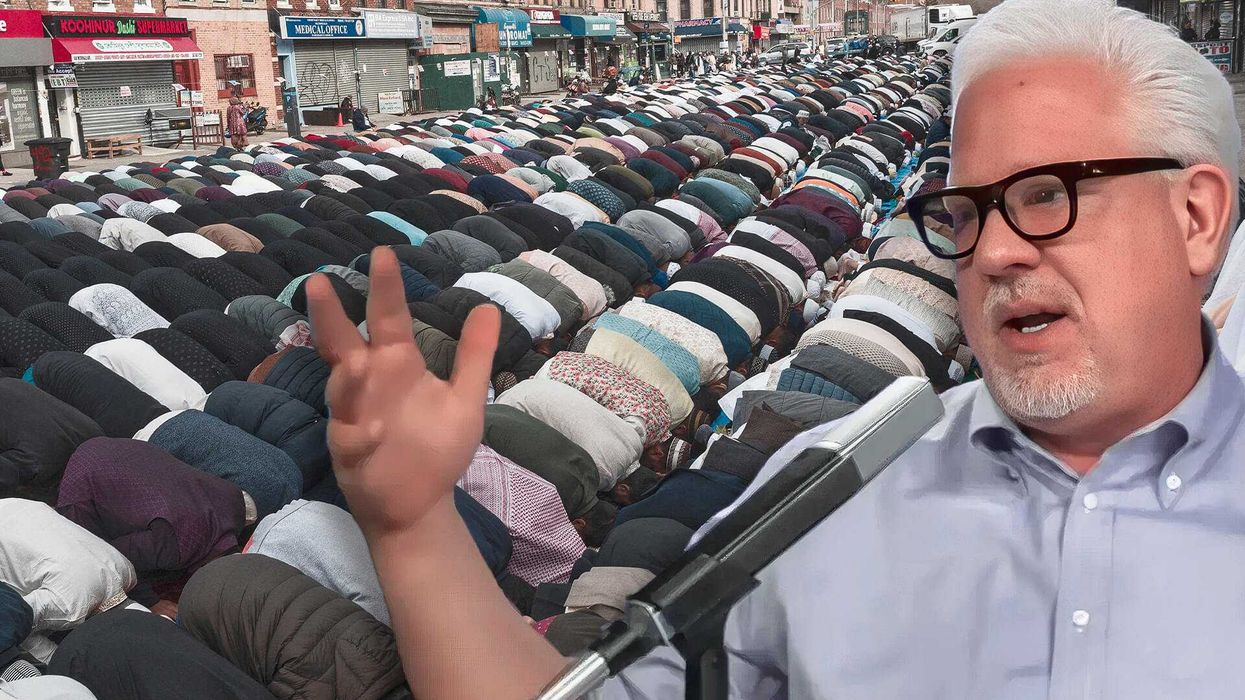The Obama administration continues pondering whether to classify as genocide the Islamic State’s targeting of Christians and religious minorities, even as European allies have opted for the term.
While some experts argue that it’s clearly a case of genocide, others contend the case might rest on the wording, “in whole or in part,” contained in the genocide treaty that the United States is a part of.
Last week, the European Parliament passed a resolution formally recognizing the Sunni militant group’s actions as genocide, while White House spokesman Josh Earnest said that administration attorneys are reviewing the legalities of using the word.
The legal questions arise from the Convention on Prevention and Punishment of the Crime of Genocide, which was reached by 147 countries in 1948 and ratified by the U.S. Senate in 1986.
“There is no question that ISIS has been committing genocide. As I look at the convention, it’s a clear case,” Robert Turner, the Reagan administration’s assistant secretary of state for legislative affairs who shepherded ratification through the Senate, told TheBlaze. “Even the attempt to commit genocide is a crime.”
 . (Militant Photo via AP)
. (Militant Photo via AP)
The Islamic State’s slaughter and torture of Christians meet some of the treaty’s criteria for genocide, which include any of the following:
● Killing members of the group;
● Causing serious bodily or mental harm to members of the group;
● Deliberately inflicting on the group conditions of life calculated to bring about its physical destruction in whole or in part;
● Imposing measures intended to prevent births within the group; and
● Forcibly transferring children of the group to another group.
The phrase, “in whole or in part,” creates some ambiguity, said Frank Spano, executive director of the Counterterrorism Institute.
“We see a term that seems to intentionally broaden and simultaneously limit the scope of what is and what is not genocide,” Spano told TheBlaze. “Generally the term ‘in part’ has been taken to mean a part large enough to have had a noticeable impact on the larger whole. This may be a point of contention that ISIS' actions have or have not yet reached the level at which they are substantially impacting the larger total group in question.”
Broadly speaking, as a party to the treaty, calling the actions genocide would involve obligations. But with U.S. military advisors already on the ground and the United States' continued airstrikes, it’s not clear what those obligations would be beyond what is currently taking place.
Travis Weber, director of the Center for Religious Liberty at the Family Research Council, said: “This is based on a political fear. There is moral and legal weight behind calling it genocide. Under the treaty, parties must prevent and punish genocide. This is the reason for the Clinton administration’s reluctance to act in Rwanda.”
In 1994, the State Department under the Clinton administration avoided using “genocide” to describe the massacre of 800,000 people in Rwanda “for fear of being obliged to act.”
However, experts said such actions are subject to wide interpretation and would not necessarily lock the United States into specific military or humanitarian commitments.
“It’s a nonbinding obligation,” said Turner, now the associate director of the Center for National Security Law at the University of Virginia. “Article I is about collective action. There is no legal obligation to send forces.”
The convention certainly lacks specificity for enforcement action, said Spano, also the co-founder of the Homeland & National Security Law Review. But it does assert "that, in order to liberate mankind from such an odious scourge, international co-operation is required.""
"There doesn't seem to be any specific requirements for military action, financial support, or refugee-related services in the Convention beyond the promise to 'prevent and to punish' the crime of genocide under international law," Spano said.
But, he added: "There is little doubt that the United States must stand with her international partners to provide a decisive global solution to what is increasingly becoming a truly global problem. While it seems classifying ISIS' actions as genocide under the 1948 Convention will likely be little more than political flag-waving, it may be an important step to unite the wider political spectrum in what we can hope will be a concerted effort to eliminate the current terrorist threat and address the various societal vacuums in which radicalization and violent ideology create the next generation of would-be terrorists."

 . (Militant Photo via AP)
. (Militant Photo via AP)






